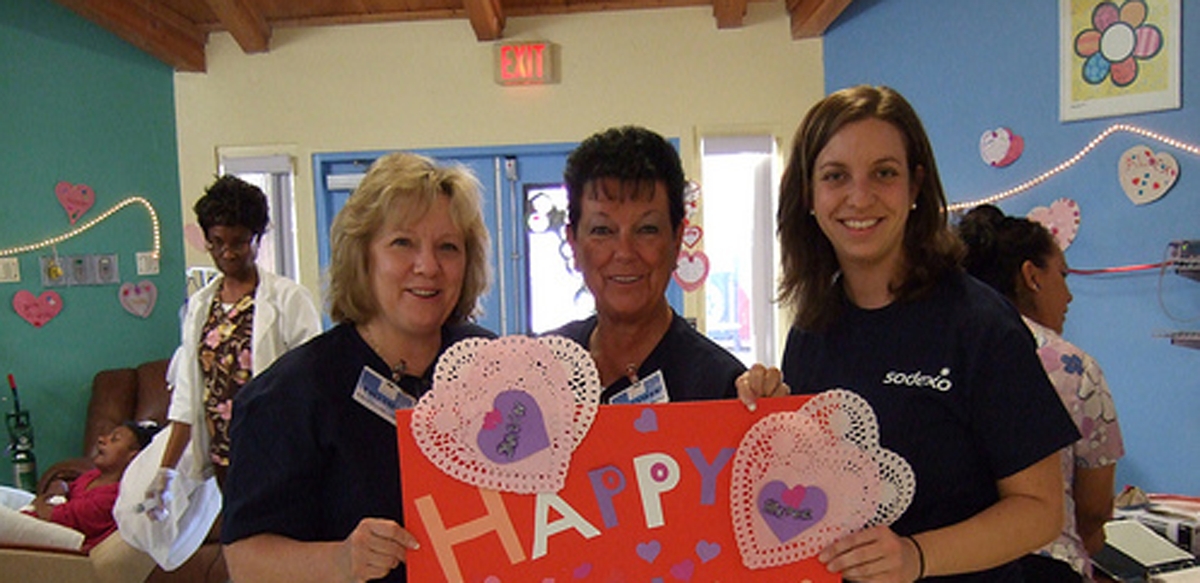Table of Contents
So you don't feel up to joining in the celebrations, and you want to get through them in one piece without having too many flashbacks or feeling you just can't go on any more. You also want to make sure you don't ruin the festive period for others. For many people with PTSD, being active and contributing something practical really makes the holiday period easier.

You can do this in many different ways. I've heard about veterans volunteering at shelters for the homeless, by serving food for example. This is a really great way to stay busy, and to contribute to the community at the same time. Your family may also understand this is really important to you, and accept that you will not be at home.
It may not be necessary to go far to help others, either. If your family is organizing fancy dinners you can't be part of, you may be able to solve the problem by doing all the cooking and cleaning and staying in the background. Works like a charm, as long as nobody tries to push you into enjoying yourself.
Folks who are triggered by the holidays in part because they have no family or friends around to celebrate with should definitely look into activities to help others. Some ideas are a volunteering at a pet shelter, cooking food for elderly neighbors or staffing a domestic abuse helpline. If you are involved in any kind of PTSD support group or perhaps a religious community then you may get ideas local to you there.
Lots of PTSD sufferers have problems with addictions. If you are one of them, staying busy and constantly involved with other people may well help you stay away from drink or other addictions you may be struggling with. This is a great accomplishment, even if you still didn't like the experience.
Warn Your Family In Advance
Supporting a person with PTSD is not straight forward for many, and that particularly applies to a spouse. Are you a PTSD person who has a real problem with the holidays? Now is the time to bring this up seriously. Be as open and honest as you can, and tell your partner (and kids) what you can handle and what you can't. “Secondary trauma survivors” often find a lot of comfort in knowing the details that led to you being triggered by particular events. If you can't talk about it, writing it down and giving the letter to your partner may be a good idea.
Once you have had a good talk about the holidays and how it affects your PTSD, you will probably be able to come up with a plan that you are all happy with. Does your husband or wife want to invite lots of people over to dinner? That may not be a good idea, but an intimate celebration with a few close friends may be fine.
Though we're the ones with PTSD, our families are also affected by our pasts and we should take their hopes and wishes into consideration as well. Some trauma survivors can't even think about doing anything for Christmas and prefer to hibernate until it is all over, while some can force themselves to attend events and even pretend to enjoy them. Some people may find this therapeutic.
- Photo courtesy by cassie_bedfordgolf on Flickr: www.flickr.com/photos/56058227@N02/5187344980
- Photo courtesy by Sodexo_USA on Flickr: www.flickr.com/photos/sodexousa/5453350981
- Photo courtesy by foreverphoto on Flickr: www.flickr.com/photos/foreverphoto/2358995244

